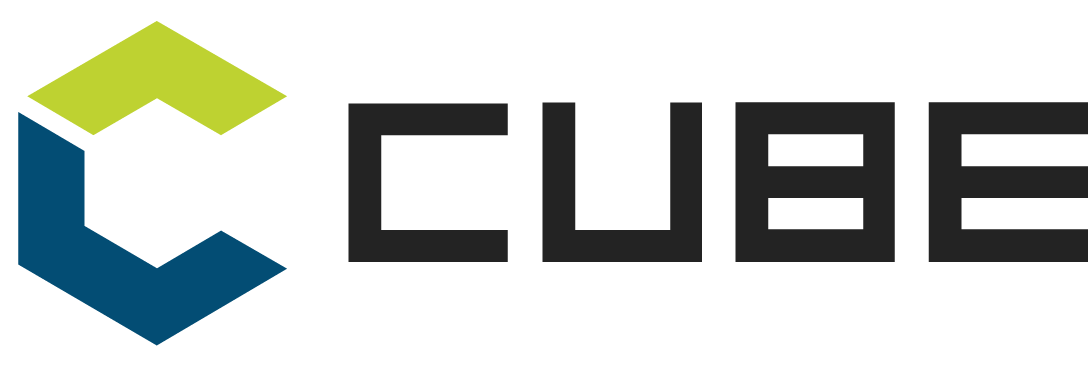
28 Sep CUBE Digest: missed anything these past months?
What is happening in market and consumer research today? As per usual, our LinkedIn-page provides you with weekly updates of what’s cooking in our sector, but you may have missed out on some of these news bites while enjoying some well-earned summer days off…

What about customer centricity?
Putting the customer first remains a hot item in our sector. But what exactly is the current situation with regard to customer centricity? In this respect, too, the corona virus is leaving its marks. Does customer centricity in 2021 coincide with its 2019 version? Boobook has been collating the expertise gleaned from eight senior marketing and insights experts in a trend analysis.
Finish first
Among other things, doing research also entails identifying preconceptions and turning them upside down, thus creating a new research method. Which is exactly what Haystack Consulting has done. By means of their new Finish First model, they have been reversing traditional ideation, focusing on the creation of of concepts from the very outset.
Find out how the Finish First model works
It’s all about big data
COVID-19 has forced businesses to switch and gear up fast, in 2020. This change of pace was paralleled and accommodated by a massive acceleration of their digital development. In-house researchers have also had to adapt their methods. Digital tools supporting their research have become their indispensable helpmates. Katelijn Vanrespaille, Senior Global Consumer & Market Insights Manager at Barry Callebaut noted two evolutions: a surge in in-home tests and the use of scan data.
More about the new tools for in-house researchers
IndiVille investigates poverty and leisure activities
Some of us may have some experience in this field, others none at all. Yet none of us are completely unfamiliar with poverty: we see news items on the subject every day and we encounter it on the street all the time. But what do we actually know about what it is like to live in poverty? IndiVille (a researchers collective for studies about society, politics and media) was commissioned by MNM and Radio 2 to investigate the leisure activities disadvantaged people engage in – if, that is, they can afford to do so. Their conclusion? Money does buy happiness and those who have less of it are deprived of options to spend their free time in an enjoyable manner. For it is money that enables us Belgians to indulge in our favourite pastimes: going out with friends, travelling and day-tripping. These activities often are completely out of reach for people living in poverty. Media services such as magazines, books and newspapers are also rarely affordable to them…
